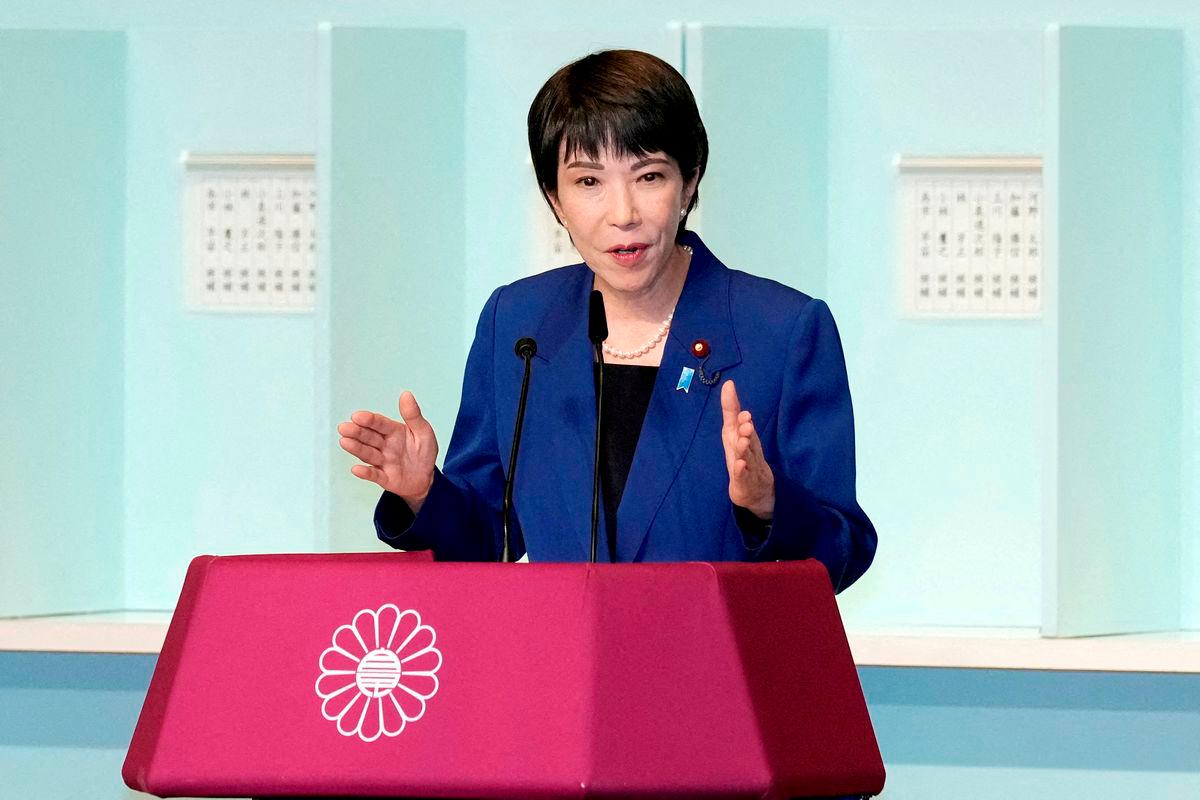TOKYO: Japan’s ruling Liberal Democratic Party will select its new leader on October 4 following Prime Minister Shigeru Ishiba’s resignation after significant election setbacks.
The party president typically becomes prime minister due to the LDP’s parliamentary dominance despite recent coalition challenges.
The LDP has governed Japan for all but four years since its establishment in 1955, maintaining significant political influence throughout modern Japanese history.
Election committee head Ichiro Aisawa confirmed that official notices will be issued on September 22 with voting occurring after a twelve-day campaign period.
The schedule will receive formal approval on Wednesday, finalising the leadership transition process.
Former top diplomat Toshimitsu Motegi, known as the “Trump Whisperer”, became the first official candidate when he joined the leadership race on Monday.
Potential candidates include veteran nationalist Sanae Takaichi, a former economic security minister, and current agriculture minister Shinjiro Koizumi, the photogenic son of a former prime minister.
The eventual winner will confront multiple complex challenges including Japan’s rapidly ageing population, massive national debt, and an economy struggling with rising inflation.
The leadership election will include participation from ordinary LDP members, broadening the selection process beyond parliamentary representatives.
LDP general affairs chief Shunichi Suzuki emphasised the importance of reflecting member voices given public anger over recent political corruption scandals.
Suzuki stated that the party’s future trajectory depends significantly on this leadership election outcome during his press conference.
LDP secretary general Hiroshi Moriyama described the election as a crucial opportunity for party reform and renewal following recent electoral defeats.
Moriyama believes this presidential election represents an important chance for the party to make a fresh start and reposition itself for a new political era.
The LDP traditionally maintains the prime ministership through its legislative majority with coalition partner Komeito, though this dominance has recently weakened.
The party lost its majority in both parliamentary houses during Ishiba’s leadership after suffering two major election defeats within the past year.
Prime Minister Ishiba unexpectedly announced his resignation on Sunday despite earlier indications he would continue, as internal party divisions over his leadership intensified. – AFP









